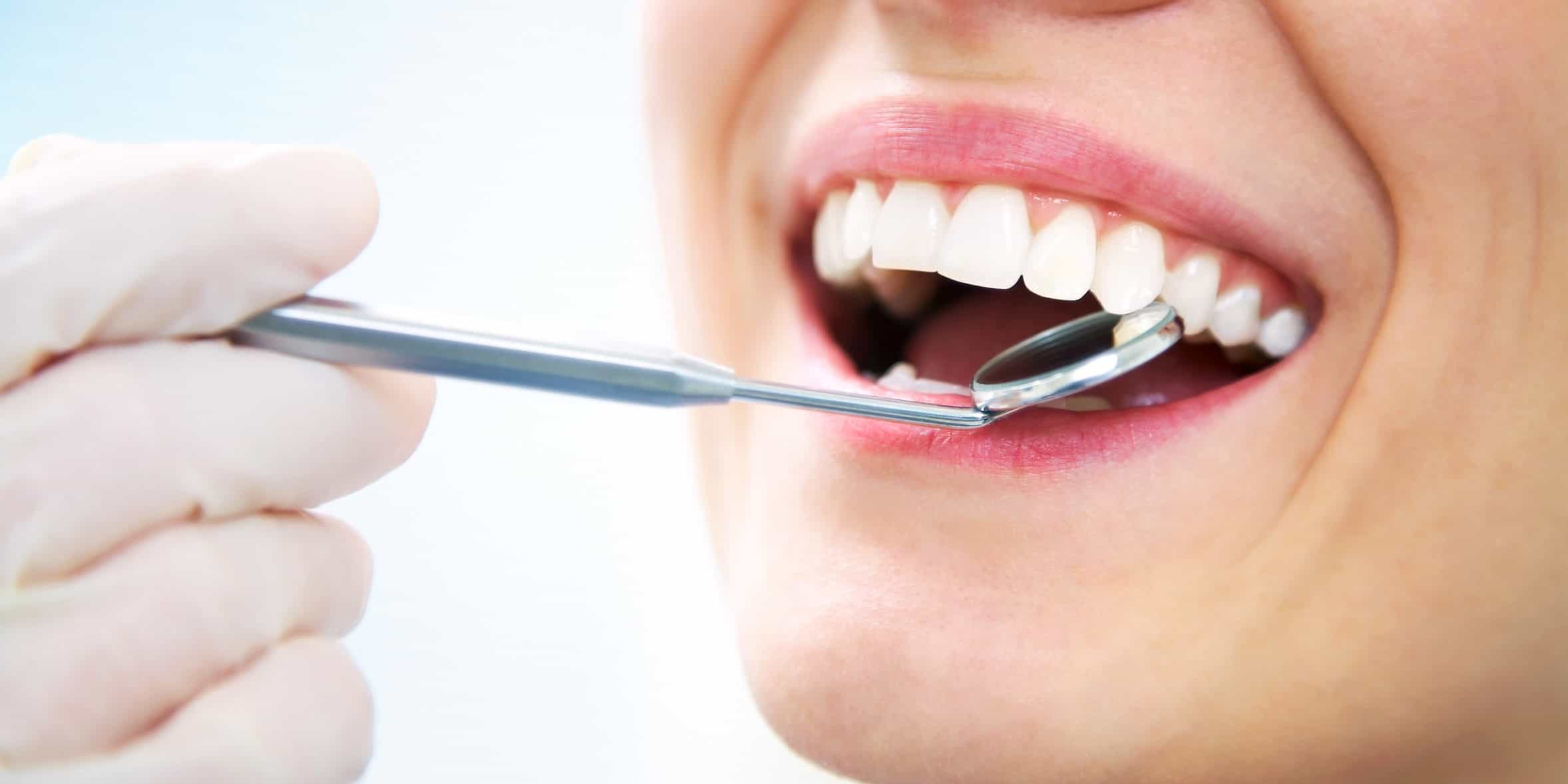In the last decade, doctors have seen an increase in the number of people suffering from oral cancer. Approximately 177,000 people died due to this disease in 2018. This number is significantly higher than the 84,000 deaths attributed to oral cancer in 1990. For this reason, much effort has been made to promote oral cancer prevention. The most important measure has been the recommendation of screenings for patients at risk of developing this disease. In this article, you will learn about oral cancer, its symptoms, and when to know if you should look into oral cancer screenings in Millwoods.
What is oral cancer?
Oral cancer is an abnormal growth of malignant cells in one of the structures of the oral cavity. These include your lips, tongue, palate, throat, the lining of your cheeks, and the floor of the mouth. The survival rate for this type of cancer is approximately 90% for stage 1 patients. However, this percentage is lower in patients with more advanced cancers which have compromised other structures like lymph nodes. Hence, the importance of early detection.
What are the symptoms of oral cancer?
There are many ways in which oral cancer can manifest. One of the most common symptoms of oral cancer is a lip or mouth sore that bleeds easily or doesn’t heal. Other symptoms include lumps in the cheek, white or red patches on any of the structures of the mouth, as well as mouth pain. However, pain is rarely present in the early stages of oral cancer. Weight loss is a bad sign since it is normally associated with advanced cancers.
Who should have a screening?
The survival rate of oral cancer is very high in its early stages. However, in these stages, most patients don’t show any symptoms. Therefore, screenings are performed on those with a higher risk of developing oral cancer to rule out the disease. You should look for oral cancer screenings near you if you are a smoker or use any tobacco products, if you are a heavy drinker, if you have a history of excessive sun exposure or if you have a family history of oral cancer. This screening can be performed by a dentist in Millwoods. There is no evidence that oral cancer screenings are beneficial for people not at risk. However, dentists are always attentive in terms of any suspicious lesions in your mouth during routine checkups.
What happens during an oral cancer screening?
Before the screening, you should remove any dental appliances from your mouth, such as dentures since these can impede the visualization of lesions. First of all, a dentist near you will perform a visual examination of your mouth looking for any ulcerations, patches of colour, or asymmetries. To do so, they will use a small mirror and a light. You can also expect them to use a tongue depressor to have access to all parts of your mouth. After this, a physical examination will be performed, where your dentist may touch your cheeks, neck, and jaw looking for masses or tenderness. An oral cancer screening performed by a dentist is very thorough and allows them to find lesions that you wouldn’t have seen by yourself.
Reducing your risk
Considering how serious oral cancer is, it is a good idea to find ways to reduce your risk of developing it. The most common cause of oral cancer is tobacco, so you should stop smoking or using any tobacco products like snuff and chewing tobacco. Also, limit your alcohol intake and start using a lip balm with UV protection to avoid cancerous lesions on your lips. Finally, some doctors recommend getting the human papillomavirus (HPV) vaccine since certain strains of this virus have been associated with oral cancer.

